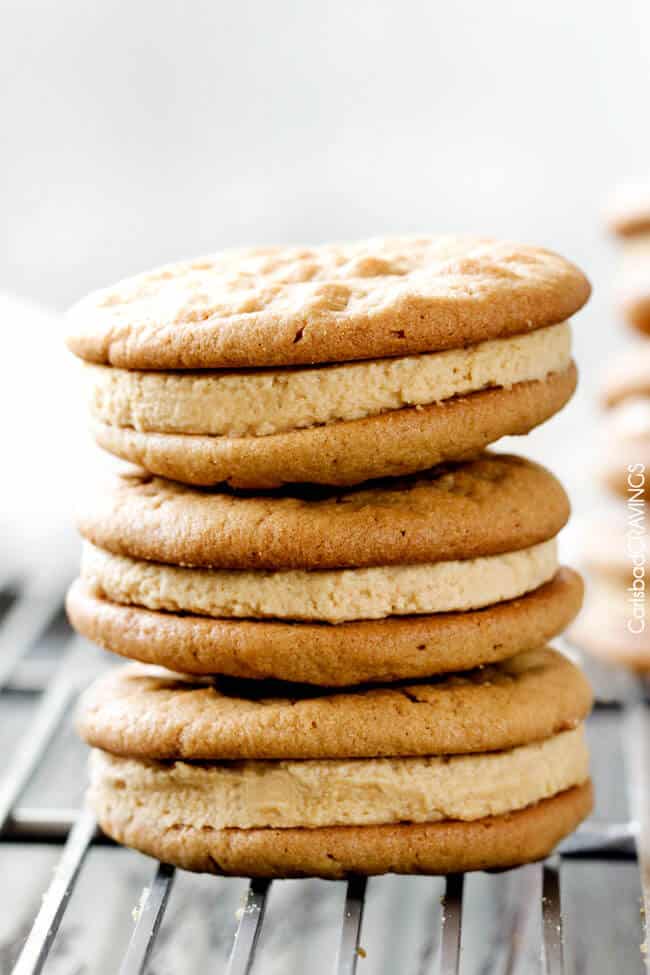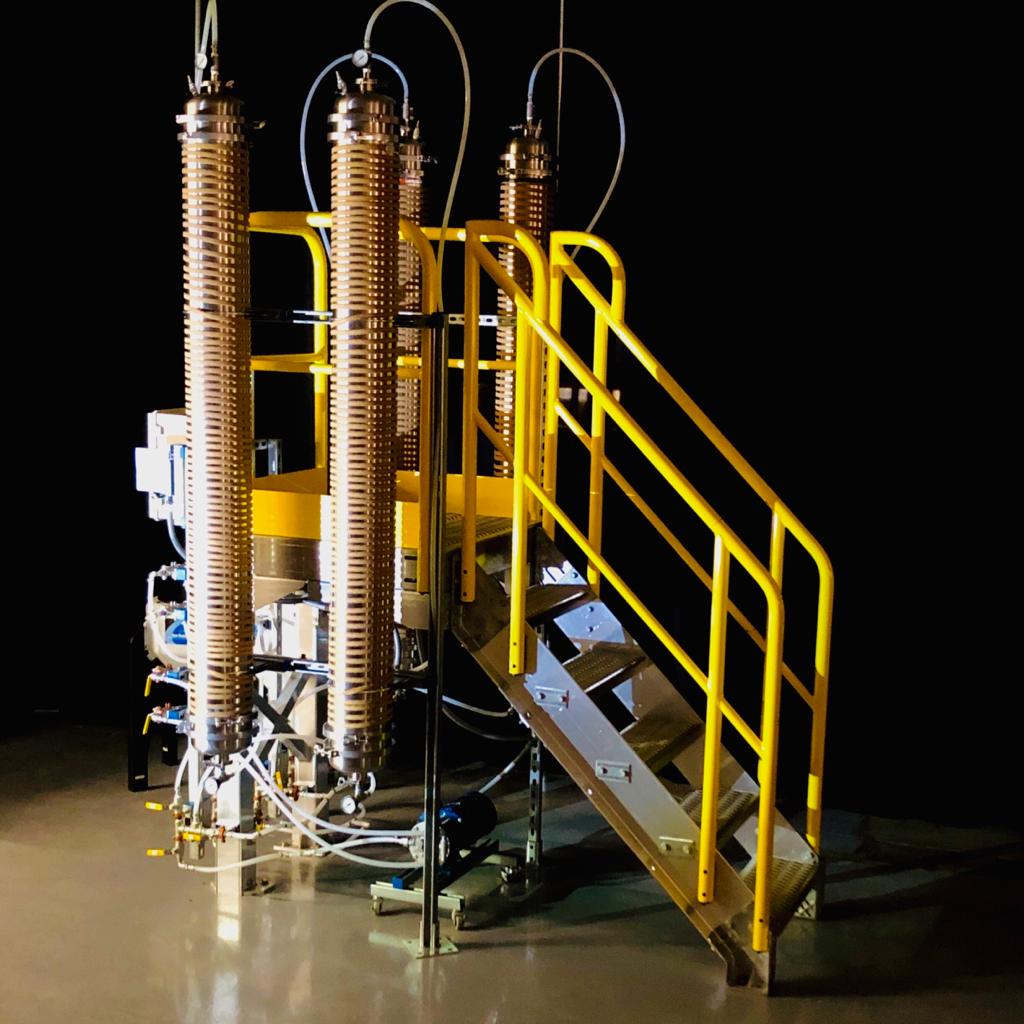Hey guys,
I am a hemp grower with a focus on smokable flower. I am looking into extractions…particularly ethanol. However, I am also considering a full spectrum oil tincture. Please tell me where I am thinking wrong…
My thought would be cooking the flower/trim in a carrier oil blend…like MCT/Coconut/etc. I might do that in a series of large pressure cookers over several hours (exact timing tbd). I could then remove/strain/press the material and filter the oil to remove any waxes/sediment. Bottle it and done? I understand that it wouldn’t be as potent since I would have to watch the THC. However, it should be as close to full spectrum as I can imagine. What am I missing? I see guys taking distillates/isolates and diluting down with carriers to make tinctures. However, what are the downsides to my general approach?
so where is the stupid in this question?
Bottle it and done?
nope. not stupid. might not need the question mark though ![]()
What am I missing?
primary research showing that this is very effective.
Not a dumb question.
it’s out there. you missed it. I’ll see if I can find it. read it a week ago. ![]()
However, what are the downsides to my general approach?
You can only dilute your primary extraction. not concentrate it.
You will be leaving cannabinoids behind.
You might want to consider buying a centrifuge from me.
or is maybe I r idiot 2 ![]()
Low dose CBD DIY
here’s the primary literature link.
It should also be in the data dump somewhere.
for a tincture that is a viable process, just not anything smokeable
The paper I linked indicates that Olive oil extracts (marginally?) more cannabinoids AND more terpenes than Ethanol from the same amount of biomass.
If the goal is a Full Spectrum Tincture, in oil, then going straight to that is both logical and elegant.
failing to see stupid ![]()
Mabey thats why I feel more wacked off edibles made with direct oil infusion rather than extracts/distillates. One of my friends moms swears that mixing the edibles recipe (usually brownies) with canned pumpkin reduces the weedy taste of the edibles.
I remember trimming weed with her and her son in the living room and having an almost psychedelic experence from some cookie sandwiches she made.
They resembled these!
Yay learning new things! This is super cool.
This might be a good method for customers who want an “All natural, solventless” extraction process. The types that think that CO2 isn’t a solvent, and dumping it into ethanol afterwards doesn’t matter.
If you’re just doing tinctures/capsules/edibles, this is potentially a really viable extraction method. I would want to do testing with some other oils (canola specifically), but I always assumed that this process would be much less efficient than ethanol or similar.
yeah, the biggest issue I see is that you can only adjust the concentration down.
Given the concentration most tinctures are sold, it isn’t a major problem.
just run hot oil into the centrifuge instead of ethanol. skip the evaporation step.
@Akoyeh: wonder if it would void the warranty on your CUP? run the jacket at 65-70C…use Connie as the hot oil reservoir.
… or for those of us stuck with a 30ml/ml maximum legal concentration, and a 10mg maximum dose limit for capsules. Blame Canada.
You could even just do it in a big ol agitated mixer with a steam or hot water jacket. Pump it to a filter press or centrifuge for the removal/drying step. That way you wouldn’t need a floodable or C1D2 fuge. Hm.
yeah I know. I was going to post that route.
but I’ve got a fuge I’m trying to sell!!
Stop telling folks they don’t need it ![]()
Edit: Kidding. It was about parts on hand. @Akoyeh has a CUP, and makes 33mg/ml in MCT tinctures.
But if you get the floodable C1D2 fuge, then you’re set for when you decide to move to ethanol so you can make smokable products.
Don’t vape lipids, kids.
@cyclopath - We could do that or run a keg of oil in Rosie. Would heating of the jacket be necessary? I assume that a good vacuum pull would insulate it enough for the ten minutes of residence time, then back into a heated reservoir.
This would be fun to try, but cleaning would suck! Also, how would one get THC-A out of this method? Can one perform a cold oil extraction? I can only imagine what the residence time would have to be to pull most of your cannabinoids. I have some biomass we could experiment with…
there is probably no reason to get Connie or the CUP oiled up for R&D.
A rice cooker will do the job. I’ve got a small press that we tried for ethanol that will get you enough back for a first attempt. I’ll try and drop it off today.
do you have H2 for your GC yet?
I’ve been playing with the same idea.
Using the crockpot method of simmering the bud in water to pull all the sugars and starches, added salt to help pull the chlorophyll, then add the oil as a thin layer on top of the water to collect all the oil loving cannabinoids. This way you can use way less oil to bud, water does most of the work.
Questions that arose were whether to decarb dry bud in the oven first or to decarb the oil after bud is filtered out. How much oil to use with the water is another one, seems like you wouldn’t need much since it’s just to collect all the oil based cannabinoids but the online recipes always call for quite a bit of oil.
Once oil is separated form water you can cook off the remaining water. Make sure that you don’t go over 140C or you can cook off the good stuff. Same with post soak decarb, easy to cook it too high without the right equipment or CONSTANT monitoring.
Separating the oil from the water can be messy, especially at a larger scale, unless you use coconut oil (not MCT) which will go solid when cold. Then you just lift of the oil layer with all the goodness in and dilute in more oil to desired strength.
I figured this would be the most full spectrum way to extract, for sure when done with THC buds the effect is better than any other method of ingestion, more rounded and full experience. Extracts always seem to lose something in the process.
I see nothing stupid here. I actually see compliance.
We have a direct tincture system. It works great and we have been making direct tinctures ranging from 25 mg/mL to 100 mg/mL. Sometimes we have to dilute to get the d9-THC down. All the terpenes are there. 95+% efficiencies.
Give us a call and see if we can work something out. Check out Boulder Creek Technologies.
What is the cost of your machine? Completely determines if you technology is worth the purchase.
Considering an ounce of 1500mg solvent-free tincture runs around $100, Our asking price is pretty reasonable, even for the white label market. Call for a price.
Can you give us a brief description on how your system is capable of processing tinctures, from extraction to uniform potency / homogenization.
The system depends on what the biomass going in is. Low potency hemp will be difficult to use for high potency tincture. We can set up recipes and monitor the product closely to know when we have the correct concentrations. Being a hybrid continuous system, continually filling one column at a time, we can yield a very consistent product into a drum.
So, if one wants a tincture of 25 mg/mL, we will pull product off until we see the concentration drop just below that. As the drum or bucket is filled, we will occasionally analyze a sample from that bucket. To date the samples we have produced are very consistent. Imagine, a 200L drum can provide 6,600 1 oz. tincture bottles.
If you’re interested, we are happy to send a small sample. Contact me privately if you want to discuss this further.

